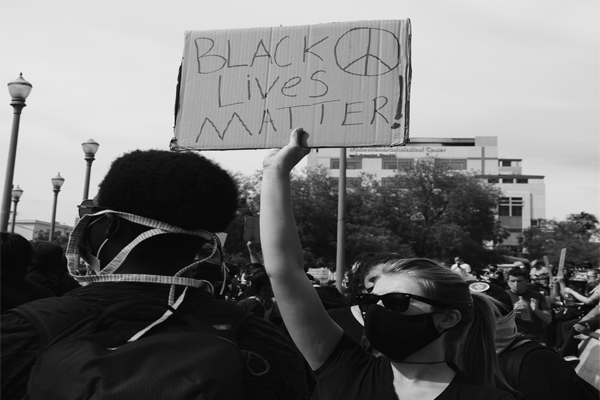For the first time ever, CEOs are making a stand against racism, following the horrific recent events against members of the Black community. These include the deaths of Ahmaud Arbery, Breonna Taylor, and more recently, George Floyd. Just last week, the world watched in horror at the video of Floyd moments before he died at the hands of a Minneapolis police officer as a result of police brutality.
The incident triggered days of protests, riots and violence across the US. An increasing number of CEOs worldwide have since spoken up, calling for change, with some even promising to reinforce diversity, equity and inclusion (DE&I) efforts to stamp out inequality and racism.
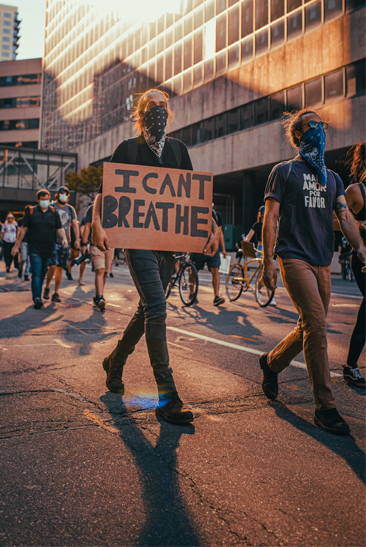
Image credit: Josh Hild, Unsplash
The CEOs of Minnesota started the ball rolling by signing a joint letter, that not only mourns George Floyd’s unjust and horrific murder, but also calls for change at their respective businesses. The Children’s Minnesota organisation released a letter signed by 28 local CEOs of corporations such as Best Buy, General Mills, US Bancorp and Cargill. The letter stated: “It is hard to watch the video of the event as it is clearly evident Mr Floyd was not treated with the dignity and respect he was due as a human being. These acts are painful and traumatic for our entire community, especially our communities of colour.”
The CEOs said they were committed to “taking steps to eliminate the repeat of events like this in our society and committed to investing in substantive change in our organisations and the communities we serve to address racial inequities and social justice. Change has to start today, and it needs to start with us.”
ZERO TOLERANCE
Meanwhile other CEOs wrote a memo to their staff over the weekend, acknowledging what happened, and starting those difficult, but desperately needed conversations around the topic of race, with several also promising to step up DE&I efforts to ensure equality and inclusion at their organisations.
Mastercard’s CEO Ajay Banga, for example, states: “No one should ever have to fear their safety or the safety of their family members because of the colour of their skin, but they still do. This reflects a difficult truth: our nation has a long way to go to ensure that the fundamental human rights of all people are equally respected. The acts we’ve witnessed go against everything that we as a company, and that I personally, stand for.”
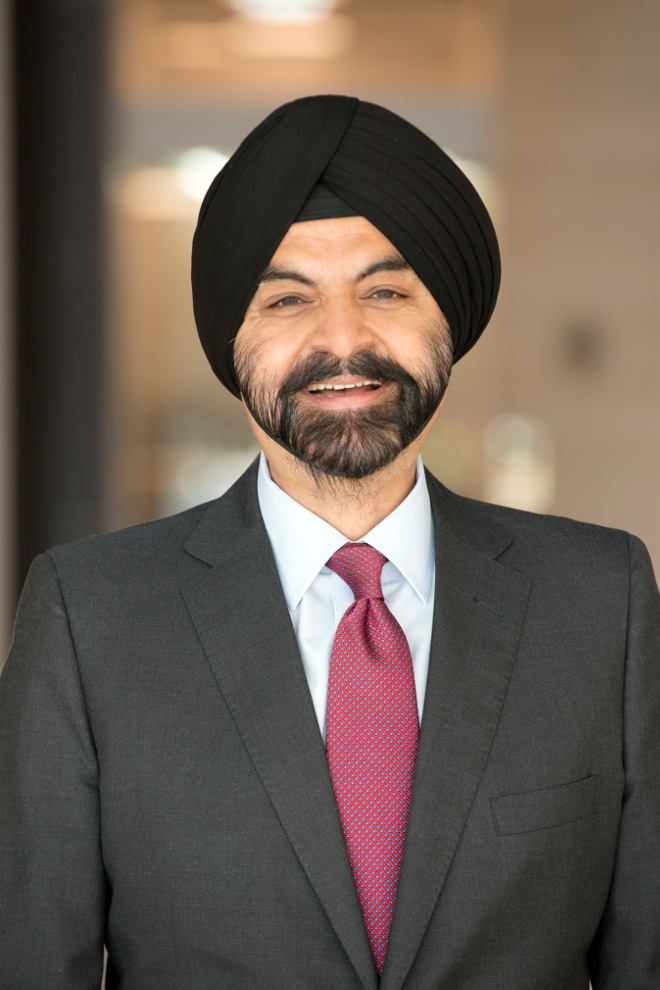
“We embrace diversity, inclusiveness and create a sense of belonging because we know it’s what makes us better as colleagues, as a company, and as citizens of the world,” added Banga. “The core of what unites us at Mastercard is our commitment to decency: how I treat you and how you treat me – always a hand on my back, not on my face. We work hard to ensure that people of all backgrounds, cultures and perspectives have a voice and a seat at the table. I assure you that racism or mistreatment of any kind will never be tolerated here.”
Goldman Sachs’ CEO David Solomon, also reminded staff of the investment bank’s zero tolerance policy: “There is no place at Goldman Sachs for racism or discrimination against any group in any form.” He went on to say he was “horrified by continued attacks against the black community”, and is also concerned about “the increasing anti-Asian sentiment around the world as it relates to the coronavirus pandemic”.

Marriott International’s President and CEO Arne Sorenson also acknowledges that change is vital, and asks the vital question ‘what steps can we take to effect real change?’ “For many years, I have tried to use my perch at Marriott to advocate for opportunity for all. Regardless of race, gender, nationality, sexual orientation, abilities, wealth and educational background or any other point of human difference, each person deserves to be recognised for who we are and respected for both our common humanity and the distinct qualities that make us unique. Each deserves an opportunity to get joy and gratification from their work and to feel a sense of purpose and pride about the footsteps they leave behind in the world,” he states.
“George Floyd won’t get that opportunity. But we can honour his memory by leading our own lives in a way that pierces through prejudice to embrace and know people as individuals. The people who work with or for us, the people who serve us, the people we see in our communities, all of them deserve recognition and respect.”
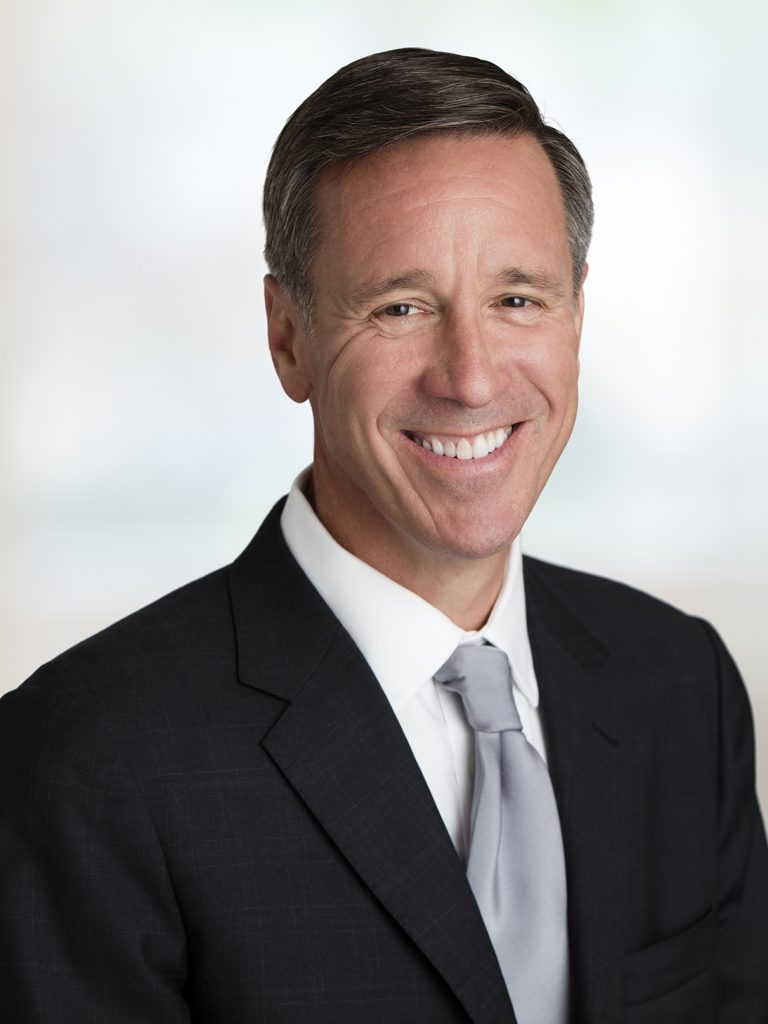
ESSENTIAL DE&I SUPPORT
It’s also time for D&I champions to step up and work with CEOs and that leadership of their organisations to ensure that issues such as ‘race’ and ‘equality’ are addressed. Zoom’s CEO Eric Yuan has confirmed that he will be leaning on his Chief Diversity Officer, Damien Hooper-Campbell, on how to “learn more about social justice and engage and act as an organisation” and “support external partners” who are “on the frontlines tackling the goals of social and racial justice.” He recognises that difficult conversations need to be had, and it’s no easy feat, but he is prepared to step out of his comfort zone to understand the issues better and take action for social and racial equity: “While I don’t pretend, to be even close to fully understanding the multi-faceted experiences within the Black Community, I am, now more than ever, open to listening, understanding, and lending our voice – as a company that connects the world – to take action for social and racial equity.”

The Walt Disney Company’s leaders Bob Chapek, Bob Iger and Latondra Newton also acknowledge the need to strengthen DE&I initiatives and the need to keep the conversation going to bring about real change, “not just today, but for as long as it takes to bring about real change”. Their statement read: “We, too, are struggling to make sense of the recent tragedies that leave us feeling overcome with sorrow. While we don’t have all the answers, we resolve to use our compassion, our creative ideas and our collective sense of humanity to ensure we are fostering a culture that acknowledges our people’s feelings and their pain We also realise that now more than ever is the time for us all to further strengthen our commitment to diversity and inclusion everywhere. We intend to focus our efforts and resources to compassionately and constructively talk about these matters openly and honestly as we seek solutions.”
EDUCATION TO CORRECT BIAS
Although “there are no simple solutions, we must have constructive dialogue and work to dismantle structures that systematically disadvantage some and advantage others,” points out Lorraine Hariton, President and CEO of Catalyst. “The public conversations on race taking place now underscore the responsibility of employers to address workplace inequities. Emotional tax, racism and the unconscious and conscious bias that people of colour face on a daily basis in organisations around the world requires all of us to educate ourselves about how to correct bias and lead inclusively, valuing empathy and taking action. Today, and every day, everyone must do the hard work and have challenging conversations to expose racism and bias, and understand each other’s experiences and perspectives.”
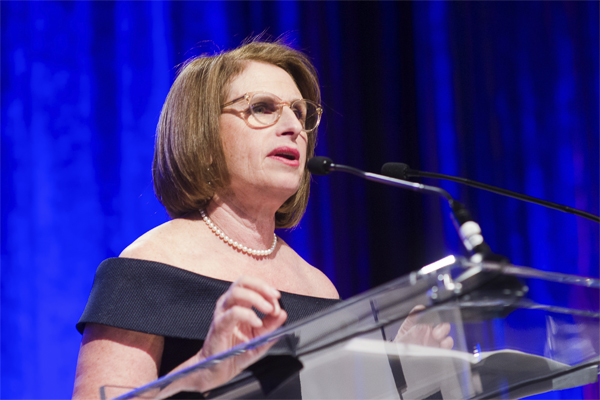
Indra Nooyi, Board Director of Amazon and former Chairman and CEO of PepsiCo, believes it’s time to have those “uncomfortable”, yet “critical” conversations: “Be eager to participate in conversations that may make you uncomfortable and commit to learn more. It may not be easy, but it is critical. The road ahead will undoubtedly be challenging, and the scale of the work that needs to be accomplished is staggering. Let’s vow to be kind, to roll up our sleeves, and to be part of the force that bends this path toward justice.”

VITAL DIFFICULT CONVERSATIONS
IBM’s CEO Arvind Krishna also promises “an ongoing dialogue” on this “difficult” topic: “For our Black IBMers, we understand how particularly difficult these times are for you. Please know that IBM is a safe place to work, and we are here to support you. There are no easy answers, but we must be willing to have these important, albeit difficult, conversations. I ask all IBMers to join me in creating an even more inclusive culture at IBM. I encourage you to reach out to your IBM leaders if you need any support.”
He added that the events “bring to light the inequality, bias, prejudice and racism that people have dealt with for far too long and continue to deal with on a daily basis. This is why it falls on all of us to do away with the legacy of bias, prejudice and racism that has led to these unspeakable events. The tragedies that have occurred should strengthen our determination to do more”.
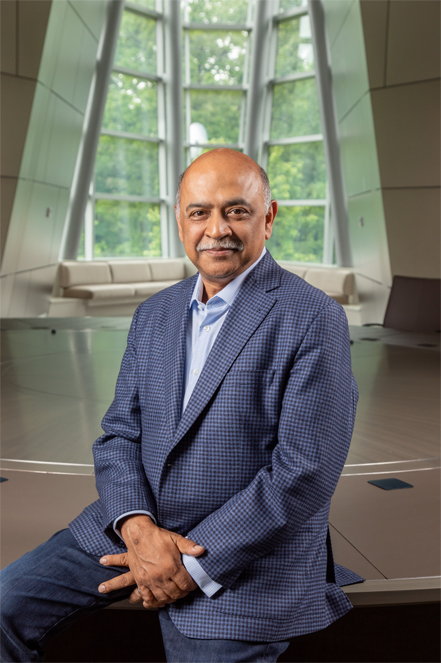
Accenture’s Chief Executive Julie Sweet whole heartedly agrees: “If we all stand together, we can ensure that there is change – in our homes and in our workplaces. We must demand that our leaders across the public and private sectors join forces. As a leader, and on behalf of Accenture, I am personally committed to continue taking actions to promote equality. If our culture and our communities are to change, companies must play a big role in leading that change.”

COMMITMENT TO RACIAL EQUALITY
The Executive Leadership Council’s (ELC) President and CEO Crystal Ashby and her team also urge corporations “to take ownership in stopping anti-Black sentiment and actions, both overt and covert, just as they would any other corporate social responsibility issue”, as it cannot “combat these issues alone”. The ELC said it will be “an ally to corporations and our partner organisations in navigating this critical time” and “continue to illuminate the pandemic of racism as a business concern in its own right”.
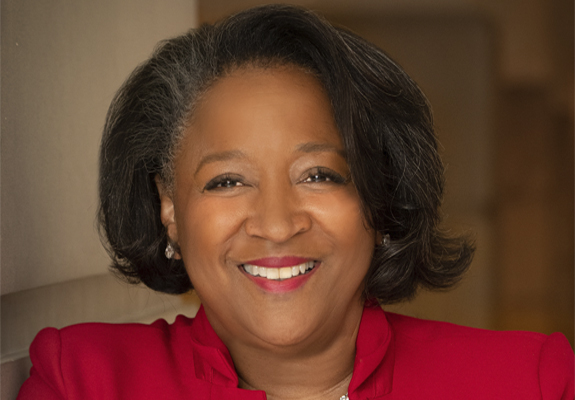
Of course, this work should not just be left just to organisations like ELC, or employee resource groups, or just to DE&I/HR departments for that matter. BlackRock’s Black Professionals Network, for example, “has led a series of powerful sharing sessions where employees have discussed these incidents. Now we must broaden the discussion,” points out Larry Fink, CEO of BlackRock. “I ask that all of us across the firm reflect on and engage in dialogue on these issues.”
Fink acknowledges that “no organisation is immune from the challenges posed by racial bias. As a firm committed to racial equality, we must also consider where racial disparity exists in our own organisations and not tolerate our shortcomings. We can only heal these wounds – building a more diverse and inclusive firm and contributing to a more just society – if we talk to each other and cultivate honest, open relationships and friendships. Going forward, we will continue to develop resources to help you engage in productive conversation and to take meaningful action, and you’ll be hearing more this coming week. I recognise this process isn’t easy – I know it’s not easy for me. But it’s essential”.

He also, highlights the critical importance of involving DE&I to build a fairer and just society. “This situation also underscores the critical importance of diversity and inclusion within BlackRock and society at large. We will continue to push forward in our efforts as a leadership team to build a more inclusive and diverse firm. I often talk about taking emotional ownership – taking responsibility for the success of BlackRock and its clients. It also means that we are responsible for each other. Now is the time to embrace that responsibility. Please take an active role in that effort. We all must work together to build a more fair and just society,” concludes Fink.













